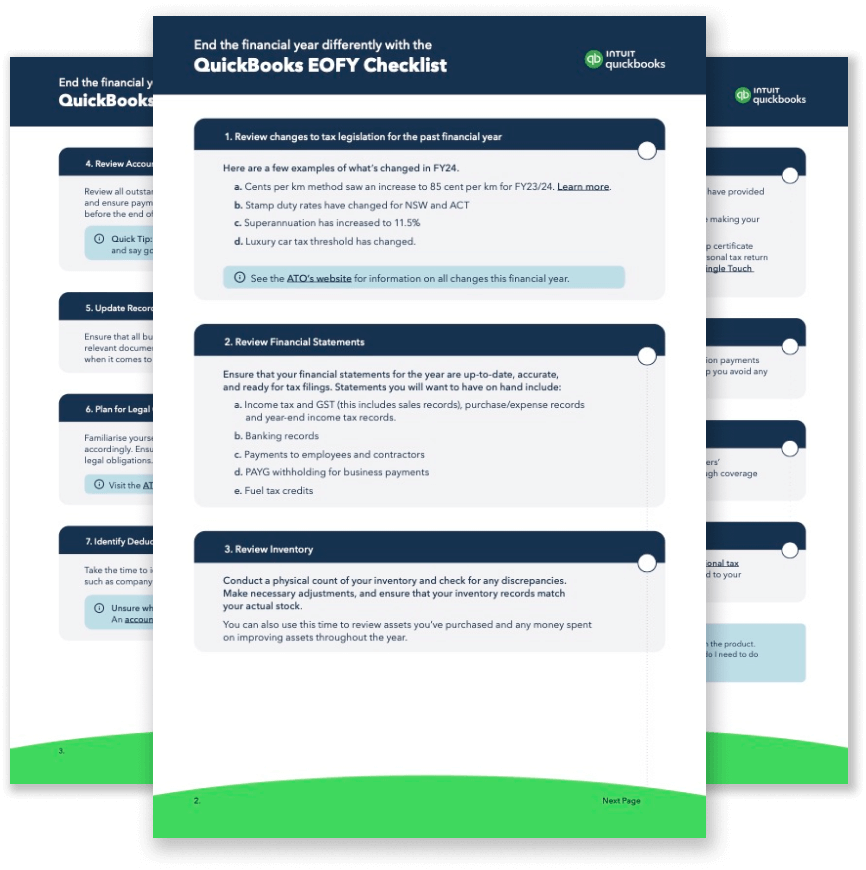What are Dividends?
Dividends Definition
Dividends are payments made by a corporation to its shareholders as a reward for their investment in the company. These payments may come in the form of cash, stock, or property, and are generally distributed on a regular basis to eligible shareholders.
Dividends are typically paid out of a company’s earnings, and are usually declared by the company's Board of Directors. The amount of the dividend and the timing of its payment are determined by the Board, and may vary from company to company.
Dividends are often seen as a sign of a company's financial strength and stability, as well as a way to reward shareholders for their investment. Higher dividend payouts can also attract more investors to a company's stock.
Dividends can be classified into two types: cash dividends and stock dividends. Cash dividends are paid in the form of cash to the shareholders, while stock dividends are paid in the form of additional shares of stock. Companies may choose to pay out either one or both types of dividends.
Investors often look at a company's dividend history and yield as part of their investment decision-making process. The dividend yield is calculated by dividing the annual dividend per share by the stock price. A higher yield indicates a higher return on investment for the shareholder.
In addition to regular dividends, some companies may also issue special dividends, which are one-time payouts that are not part of the regular dividend schedule. Special dividends may be triggered by events such as the sale of a subsidiary, or if the board decides a large portion of the company's earnings should be distributed to shareholders.
Another type of dividend is called a dividend reinvestment plan (DRIP). These plans allow shareholders to automatically reinvest their dividends back into additional shares of company stock, rather than receiving cash payments.
Dividends may be subject to taxes, depending on the jurisdiction and the type of dividend. In the United States, for example, qualified dividends are taxed at a lower rate than ordinary dividends. It is important for investors to understand the tax implications of receiving dividends in order to make informed decisions about their investments.
Overall, dividends are a way for companies to reward their investors while also demonstrating their financial stability. However, not all companies pay dividends, and investors should consider a variety of factors beyond just dividend payments when evaluating a potential investment.






